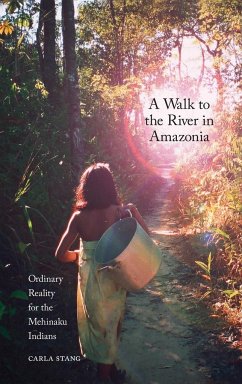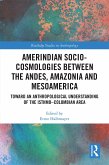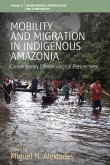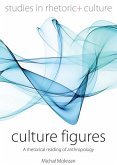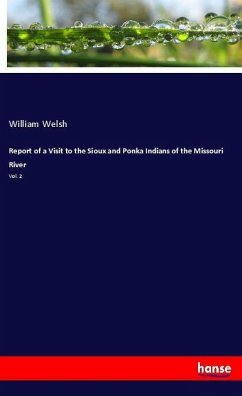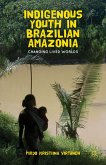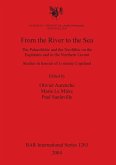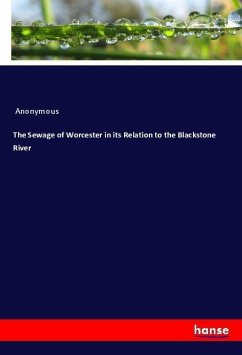Our lives are mostly composed of ordinary reality - the flow of moment-to-moment existence - and yet it has been largely overlooked as a subject in itself for anthropological study. In this work, the author achieves an understanding of this part of reality for the Mehinaku Indians, an Amazonian people, in two stages: first by observing various aspects of their experience and second by relating how these different facets come to play in a stream of ordinary consciousness, a walk to the river. In this way, abstract schemata such as 'cosmology,' 'sociality,' 'gender,' and the 'everyday' are understood as they are actually lived. This book contributes to the ethnography of the Amazon, specifically the Upper Xingu, with an approach that crosses disciplinary boundaries between anthropology, philosophy, and psychology. In doing so it attempts to comprehend what Malinowski called the 'imponderabilia of actual life.'
Bitte wählen Sie Ihr Anliegen aus.
Rechnungen
Retourenschein anfordern
Bestellstatus
Storno

